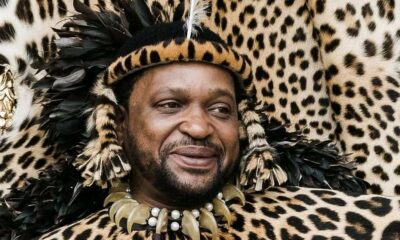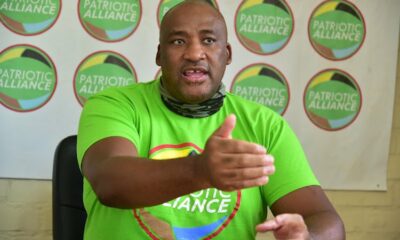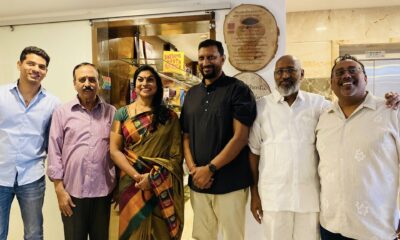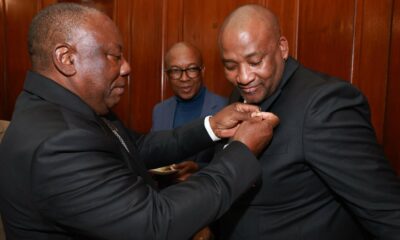News
Returning Our Ancestors: South Africa’s Bold Step to Reclaim Khoi, San, and Exiled Freedom Fighters
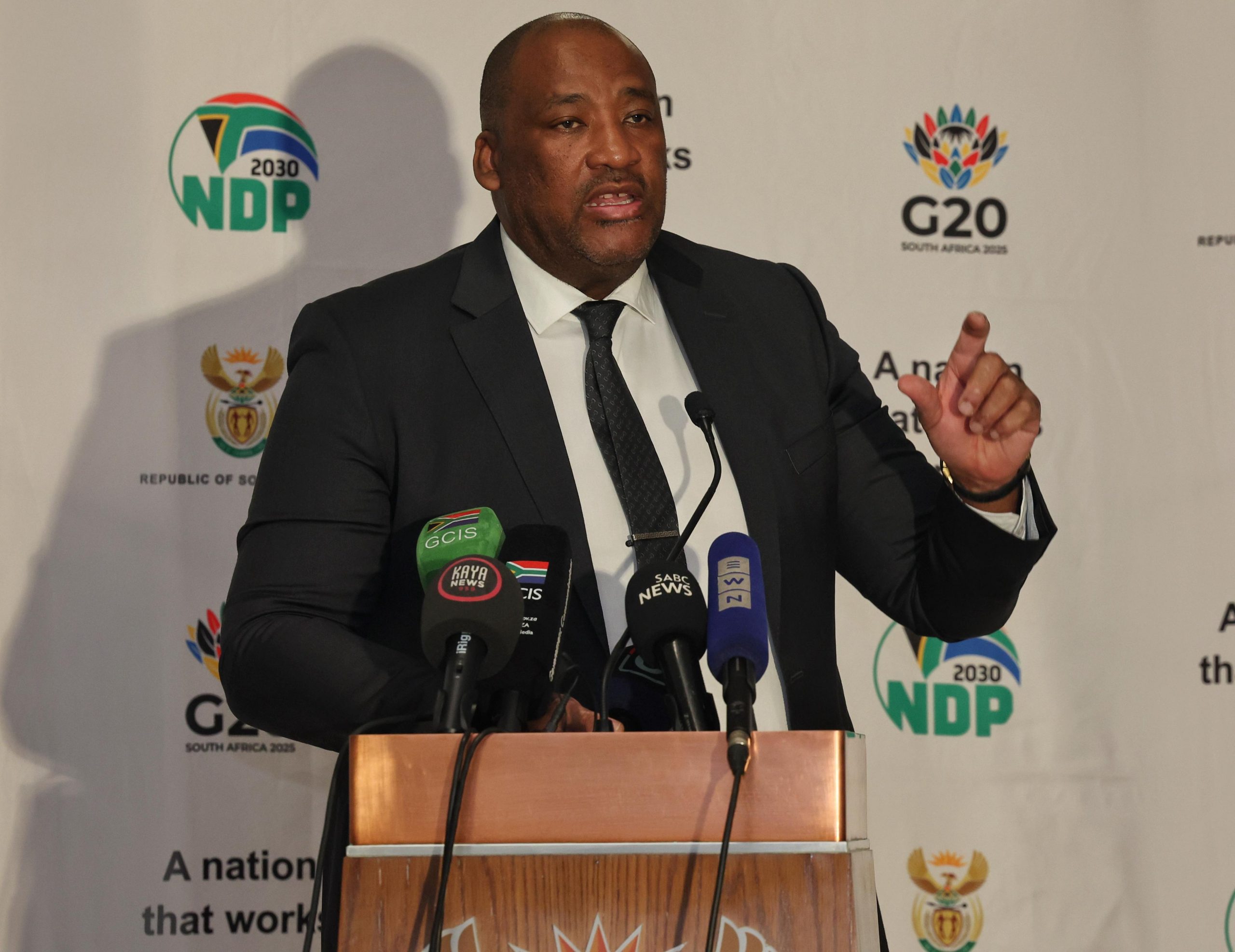
There are moments in a nation’s life when the past calls loudly, not to haunt, but to heal. This week, South Africa answered that call.
In a powerful move towards justice and remembrance, the Department of Sport, Arts and Culture has announced two historic initiatives: the reburial of Khoi and San ancestral remains, and the next phase of a national campaign to bring home the bodies of those who died in exile during the liberation struggle. These are not just ceremonies they are moral acts of national restoration.
Honouring the First Peoples: Khoi and San Remains to Be Reburied
For decades, the remains of the Khoi and San people, South Africa’s First Peoples—were stored in museum archives and laboratories, treated as specimens rather than human beings. Many were taken without consent during colonial and apartheid rule, displayed and dissected in the name of science.
That era is finally coming to an end.
Minister of Sport, Arts and Culture, Gayton McKenzie, announced that 58 ancestral remains from the Northern Cape will be returned to the soil. But more than a burial, this is a spiritual reckoning. It’s about restoring dignity and fulfilling cultural rites that were denied to these individuals for centuries.
“This isn’t just about bones. It’s about stolen identities, stolen histories, and a people denied closure,” McKenzie said. “We are not doing charity. We are delivering justice.”
The process will be led by the Northern Cape Reburial Task Team in collaboration with the Iziko Museums of South Africa and the South African Heritage Resources Agency. Community elders from the Nama, Griqua, Korana, and San groups are directly involved—ensuring tradition is honoured, not merely symbolised.
Talks have also begun with the Hunterian Museum at the University of Glasgow to repatriate more Khoi and San remains still held overseas. This is a signal that South Africa isn’t just dealing with its internal legacy—it’s calling out global institutions to take responsibility too.
Freedom Fighters Buried Abroad: Exile Project Gets New Life
While many freedom fighters made it home after apartheid, thousands of others died in exile, their remains still lying in unmarked or foreign graves. Now, for the first time in decades, there is a real chance they may finally return home.
The second phase of the Exile Repatriation Project aims to identify and bring back the remains of these South African heroes. A technical mission will soon head to Angola, Lesotho, Zambia, and Zimbabwe—countries that once sheltered anti-apartheid fighters.
These heroes didn’t just fight for liberation; they lived and died in foreign lands without ever seeing the country they loved become free. Their repatriation is both a symbolic and spiritual reunion with the land they sacrificed for.
A policy framework approved by Cabinet in 2021 now guides this process. But government can’t do it alone. The public is being urged to come forward with stories, names, photos, or any detail that might help locate missing family members buried in exile.
A Nation Reclaims Itself
In a country still carrying the scars of apartheid and colonialism, these efforts cut deep. They’re not about rewriting history they’re about completing it.
For many indigenous communities, the repatriation of Khoi and San ancestors is the first real acknowledgment of centuries of dispossession. For families of exiled freedom fighters, it’s long-awaited closure.
On social media, South Africans have responded with a mix of emotion and reflection. “This is real transformation,” one user tweeted. “Not lip service. Dignity in action.” Others have called for greater urgency, pointing out that these projects must not stall due to red tape or funding.
And the sentiment shared by Minister McKenzie echoes beyond the halls of power. “Let us walk this path together,” he said. “These are not acts of charity. These are acts of justice.”
In a fractured world, where history is too often ignored or manipulated, South Africa is choosing a different route: facing its past head-on, guided by memory, driven by justice.
It’s a lesson in courage and in dignity reclaimed.
Why This Matters Now
In the current climate, where the world reckons with colonial legacies and historical injustice, South Africa is stepping forward not just with words, but with meaningful action. This dual effort—returning the remains of both the country’s first people and its modern heroes shows a nation trying to heal not with amnesia, but with remembrance.
The question now is: will this moment spark similar movements across Africa and the world? And will institutions holding African remains finally be held accountable?
Only time will tell. But for now, the ancestors are finally coming home.
{Source: IOL}
Follow Joburg ETC on Facebook, Twitter , TikTok and Instagram
For more News in Johannesburg, visit joburgetc.com



